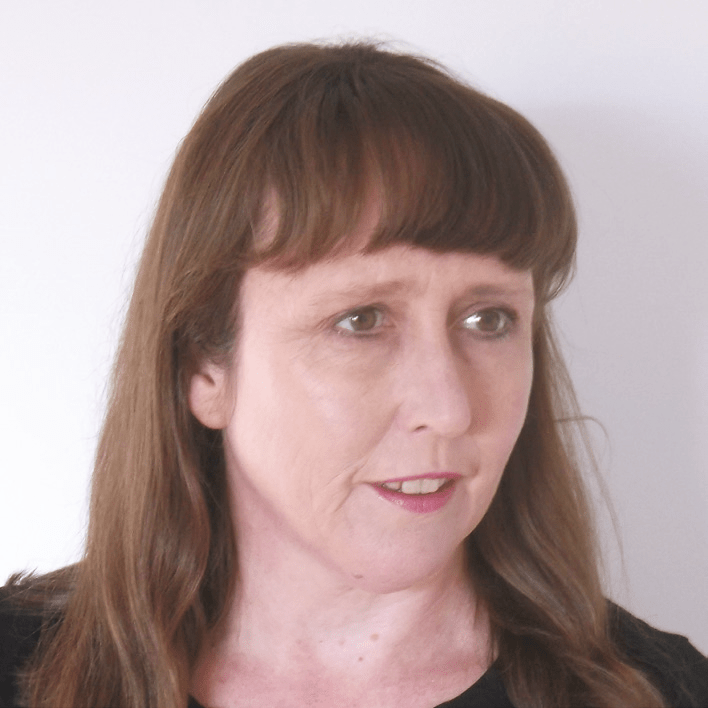What Are Parents Saying About You On Facebook?

If you’re bad-mouthing mum and dad in the staffroom, just imagine what they’re posting about you on social media, says Sue Cowley…

- by Sue Cowley

Parents – you can’t do the job without them, since they are the source of the children who populate your class. But at the same time, it can feel like you can’t do your job with them.
This is especially true if parents are difficult or aggressive, when they are overly demanding, or if they insist that you treat their child as a special case. But it’s crucial to form strong partnerships with parents, because children’s time in school is limited, support from home is essential and plenty of learning can, and should, go on beyond the school gates.
We want parents to read with their children, check their bags for letters and support them in doing their homework (but not to the extent of doing it for them). We want parents to listen to what we tell them about their children and the kind of things they can do to help them learn. But if we want parents to work in partnership with us, then we need to figure out how to connect with them in a way that they will appreciate.
Achieving a balance
When dealing with parents, there is a tricky balance to achieve between telling them what you want them to do, and coming across as patronising or rude. While you need to be reasonably assertive, it is wise not to antagonise them; this is a partnership, not a dictatorship.
Take the typical ‘Why won’t parents just do this?’ scenario of labelling uniforms. A typical school newsletter might say, “This is a polite reminder to label your children’s clothes, so that we can reunite lost items with their owners.” However, not all newsletters are quite this measured. Indeed, some have a distinct subtext of ‘We are cross with you about this one…’ HMCI Sir Michael Wilshaw is regularly to be heard complaining about ‘bad parents’ and recommending that schools take a firm line with them. Last year he suggested that ‘feckless parents’ should be “shamed” if they do not turn up for parents’ evenings.
While it is frustrating when parents are not as supportive as you would like, just as with naughty children, telling parents they are naughty is not going to help. In reality, the vast majority of parents simply want the best for their children. Those difficult parents may have had a negative experience of school themselves. Perhaps they don’t read with their child – not because they can’t be bothered, but because they struggled to learn to read themselves, because they are working every evening to pay their rent or because English is not their first language.
The ‘ideal parent’
When my children reached school age, I made a vow to try and be an ‘ideal parent’. I wanted to support their teachers and schools as best I could, but at the same time I didn’t want them to feel that I was being intrusive or demanding. It’s a bit awkward when you’re a parent who is also a teacher, or someone who works in education. The teacher knows that you have an opinion about what ‘should’ happen in schools, and you know that they know you have an opinion.
I’ve had several coded conversations with my children’s teachers. On the surface it would have appeared that we were having a conversation about my child’s progress – but we were actually exchanging thoughts about our frustrations at the latest missive from Ofsted or the DfE. Building partnerships with parents is something that happens in the long term; it is not an overnight event. We must work at it constantly, helping parents understand how they can support their children’s learning by communicating regularly and in an appropriate tone.
While it is tempting to have a good old moan about parents – especially those who give you grief – we should never forget one simple fact: just as we talk about parents in the staffroom, so parents talk about us outside the school gates too.
Indeed these days, they probably do it on Mumsnet and Facebook as well. While some parents may be far from perfect, we should never forget that teachers are fallible human beings as well. And if we put ourselves on a pedestal, we might one day discover that we have a very long way to fall.
Sue Cowley’s book about her family’s adventures in learning while travelling, Road School, will be published later this year











